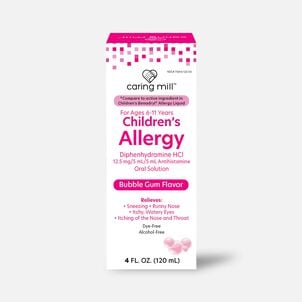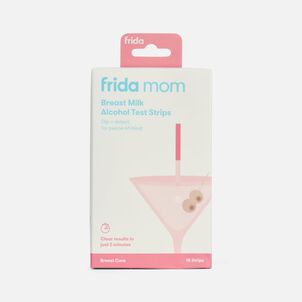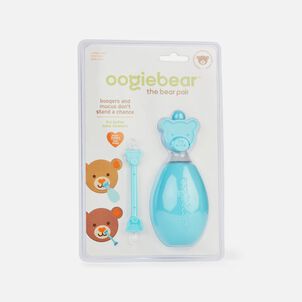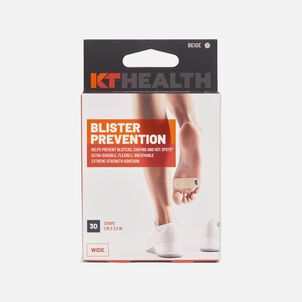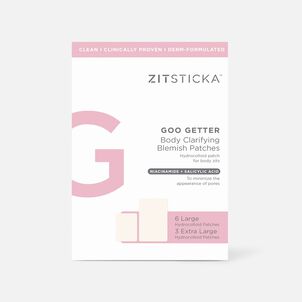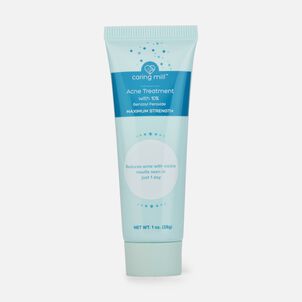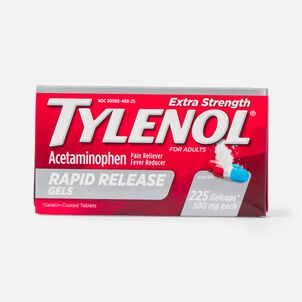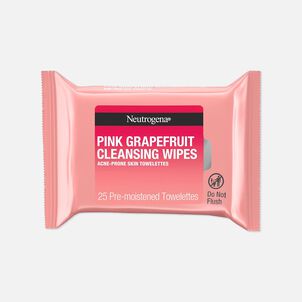You may have heard about some major FSA changes that passed through Congress in late 2020 as part of the Consolidated Appropriations Act of 2021 (CAA 2021). No more deadlines right? Not exactly. The fact is, some of these changes will apply to some FSA users, while others will not. Knowing what those changes are and what actions you should take will help better prepare you for your 2022 FSA plan year.
Here's the most important thing to keep in mind: every one of these potential FSA changes needed to be enacted by your employer first in order for you to have taken advantage of them. The best thing you can do now is to keep track of your plan deadlines and any changes which may have impacted you. Let's explore what changes could still impact you this year as 2022 gets underway:
Expanded FSA Rollovers
The CAA 2021 gave employers the option of waiving your FSA deadline for 2021. They had the option of allowing you to roll over ALL of your unspent FSA dollars into the next plan year. So you may have remaining 2021 FSA funds left to spend in 2022. It is important to note that not all FSA plans have a carryover, and if you do, the carryover from the 2022 plan year will once again be limited to $570 (or an inflation-adjusted amount), so it’s important to manage and spend your funds accordingly.
Expanded FSA Grace Period
If you have the FSA grace period built into your plan, and your plan year ended on December 31, you would typically have 2.5 months to spend down your remaining FSA dollars, or March 15. But thanks to CAA 2021, employers could have expanded this grace period up to 12 months from your deadline. So your employer could have given you a few extra months to spend your 2021 FSA dollars, or even more time for added flexibility. If you had an FSA plan year that ended on December 31, 2021 and a 12 month grace period, you will have until December 31, 2022 to use those funds before they’re lost. It is important to note that not all FSA plans have a grace period, and if you do, these changes expire at the end of the 2022 plan year, at which point the grace period will revert back to 2.5 months.
What should I do now?
Be proactive and speak with your HR department. They will have the most updated information on which/if any of these changes your employer has implemented so you know exactly what's coming and can plan accordingly.
FSAs have seen a series of welcome changes over the past few years, from the expansion of eligibility of menstrual care products with over-the-counter medicines and personal protective equipment (PPE) for COVID-19, to increased employer flexibility to allow employees to take full advantage of these accounts. We can say with confidence that FSA users are better positioned than ever to save money on healthcare expenses and make the right choices for their long-term health and wellness.


